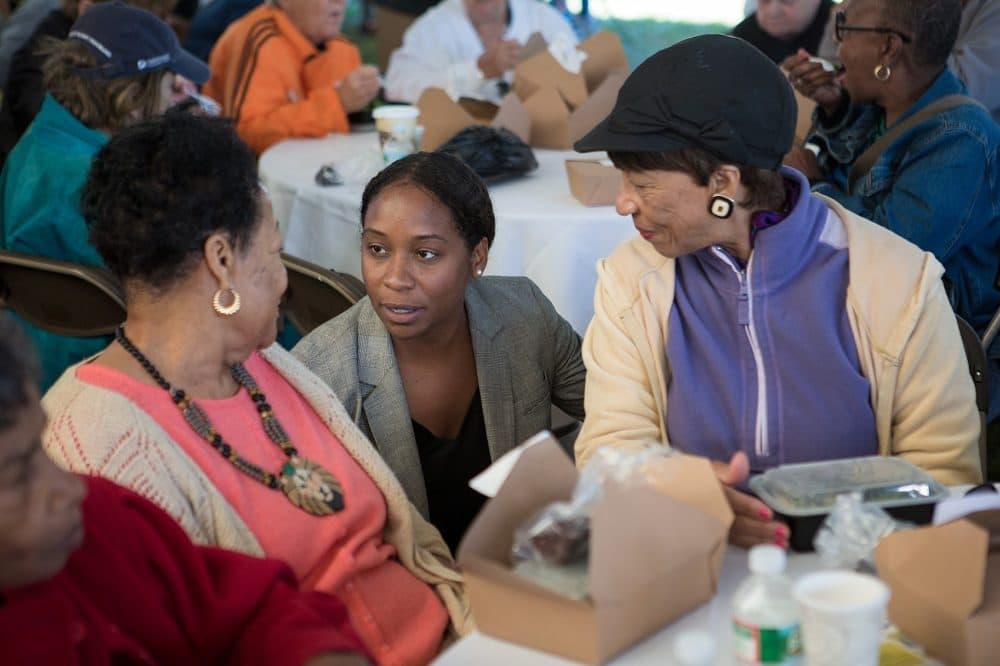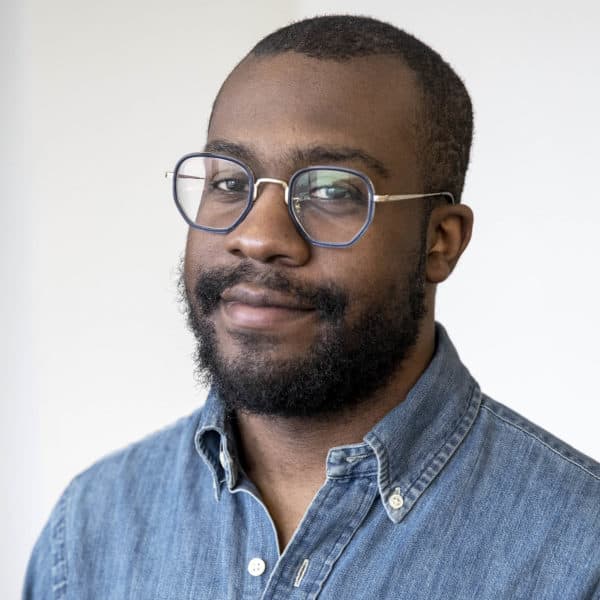Advertisement
Boston City Councilors Vote To Lengthen Their Terms From 2 Years To 4
Resume
The Boston City Council voted Wednesday in favor of increasing their terms from two years to four.
They also voted to limit the number of citywide offices a candidate can run for.
"Increasing the term from two years to four years would allow councilors to be more effective, substantive and impactful in their work," said At-Large Councilor Michael Flaherty, who voted to extend the terms. "They would have more time to focus on their work, because there'd be less of an onus to continue campaigning."
Citing data from the city's Election's Department, Flaherty also said increasing terms — and therefore decreasing the number of elections — would save the city $1.6 million, since municipal elections cost about $800,000.
District 6 Councilor Matt O'Malley, who also backed the proposal, acknowledged the move could be seen as helping the councilors themselves.
But, he said, "We can, you know, put language into this so that it won't go into effect until X number of years so it's not seen as a self-serving move."
Council President Andrea Campbell, who represents District 4, brought the issues forward, she told the Boston Globe, in an effort to "strengthen" the body and allow it to be "more autonomous."
For the most part, her colleagues cosigned the move.
But At-Large City Councilor Michelle Wu is not on board with lengthening the terms. She contends that it would make running for office less accessible for people who may not have the time or money to do so for four years.
"We would be effectively cutting in half the number of chances that people could [run for elected office]," Wu said.
She also said the two-year term instills accountability for the incumbent body. Wu acknowledged that some issues take longer than two or four years to push forward, but feels the council should be able to resolve most problems promptly.
"We should be the level of government that's acting as fast as possible," she said. "Ideally we can turn around legislation and initiatives every year and certainly every two years."
Councilor Josh Zakim agreed with Wu and was the only no vote alongside her, but he said there needs to be more discussion on the matter. He suggested the council think about potentially moving elections to even-numbered years.
Wu found herself alone when she voted against a measure that would limit the number of elected offices in the city a person could seek.
Even the council's newest member, Althea Garrison — who's notorious for running for multiple offices, some at the same time — voted in favor of the limit.
Another measure that would require special elections to fill a vacant at-large council seat was sent back to committee.
The measures — home-rule petitions — need to be approved by the mayor and state Legislature to go into effect. A statement from the mayor's office said Mayor Marty Walsh will review the legislation once it reaches his desk.
This segment aired on February 13, 2019.
